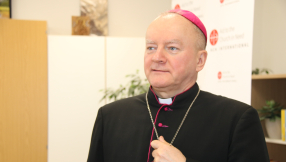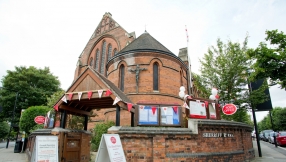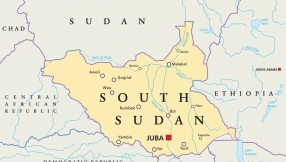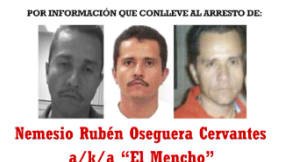The conservative Anglican GAFCON grouping has called for a 'structural separation' between churches that hold traditional beliefs on sexuality and those that accept same-sex marriage, with a view to avoiding costly litigation over assets.
Writing in his monthly newsletter, GAFCON chair Archbishop Nicholas Okoh hits out at The Episcopal Church in the US, which he says has spent more than $60 million in lawsuits against conservatives since 2000. He says conservative Anglicans in Brazil who have formed a breakaway province are also 'persecuted'.
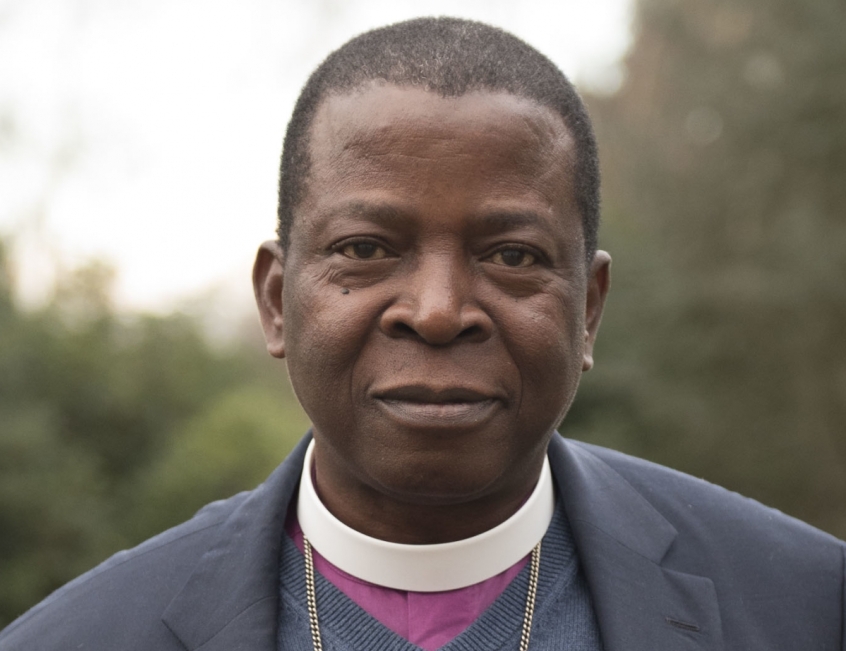
After the decision in May by the Anglican Church in Aotearoa, New Zealand and Polynesia (ACANZP) to allow for the blessing of same sex relationships, several New Zealand parishes have said they can no longer remain part of the Province. However, Okoh said, GAFCON is 'proposing a fresh approach in order to minimise conflict'.
He says GAFCON deputy general secretary Secretary for Asia and Oceania , the Archbishop of Sydney, Dr Glenn Davies, has met ACANZP bishops and and suggested 'distinctive co-existence', described as 'a proposal for structural separation which acknowledges the reality of irreconcilable differences about the nature of the bible and the gospel, but calls for it to be done peacefully'.
'Those whose first resort is to litigation betray a love of power and money,' Okoh says.
He continues: 'It is for ACANZP as an autonomous province to decide if it will accept this proposal, but in practice much will depend on the attitude of the Archbishop of Canterbury.'
Okoh says so far 'good disagreement' has been 'a way of accommodating false teaching by treating primary issues as if they were secondary and presenting those who hold to a good conscience as schismatics'.
'Now GAFCON is proposing a way of handling disagreement which has theological integrity but minimises the hurt and distress that has been all too evident in the Americas,' he says.
At issue for parishes that vote to leave their denomination is the ownership of their buildings and other assets. TEC and other Anglican Churches argue they do not have the right to take them with them when they leave as they belong to the wider denomination and were often paid for by central funds.










